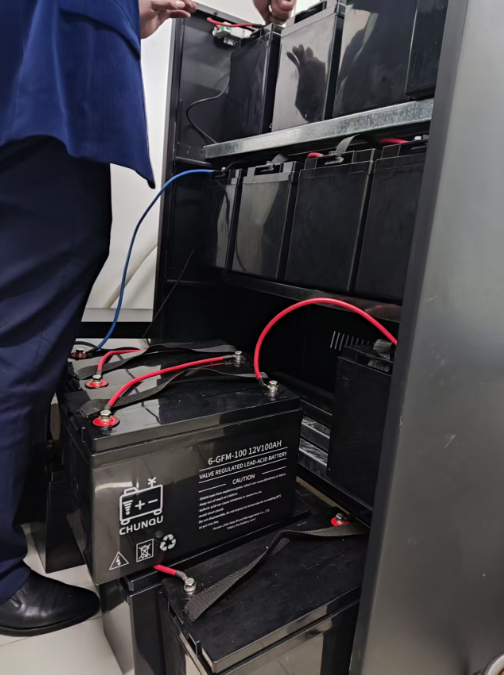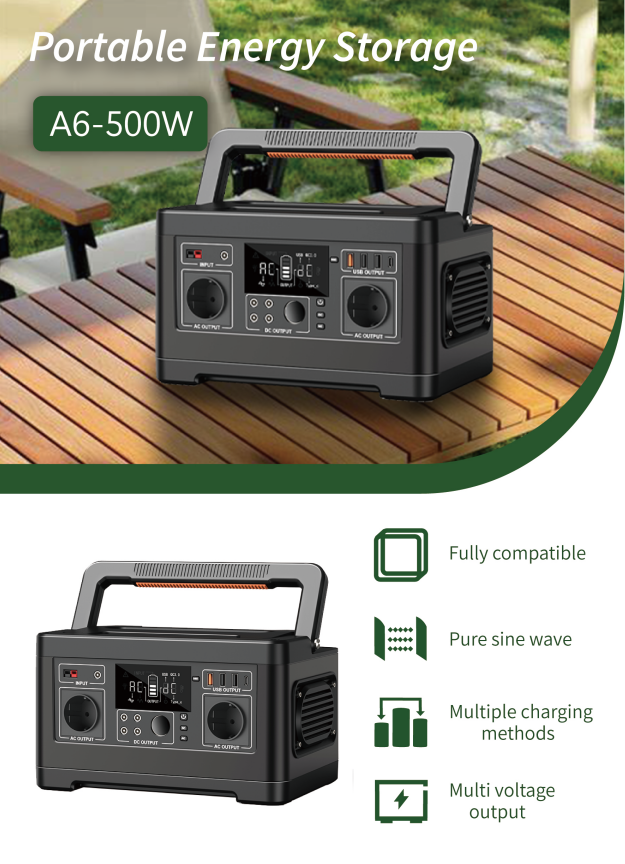Lithium polymer (LiPo) batteries are lightweight, have high energy density, and have the ability to provide continuous power, making them an indispensable technology in today’s fast-paced world. However, improper storage conditions may cause their performance to degrade, shorten their lifespan, and even pose safety risks. Understanding the subtle points of lithium polymer battery storage is essential to maximize their efficiency and ensure safety.
Factors affecting the storage of lithium polymer batteries
● Temperature: Lithium polymer batteries are sensitive to extreme temperatures. High temperatures accelerate the chemical reactions inside the battery, causing the battery to age faster and reducing its overall capacity. Conversely, storing them in a cold environment may temporarily reduce their performance. The ideal storage temperature is usually between 15°C and 25°C (59°F to 77°F).
● Humidity: Moisture is harmful to lithium polymer batteries because it may cause corrosion or damage to the internal components of the battery. Storing batteries in a dry, moisture-free environment helps maintain their integrity and prevents the risk of short circuits or failures.
● Voltage and Charge: It is critical to ensure that LiPo batteries are stored at the appropriate charge level. Storing them at full or depleted levels for long periods of time can compromise the overall performance of the battery. Ideally, keeping LiPo batteries at approximately 50% charge helps maintain their stability and prolong their life.
● Keep away from sources of fire: LiPo batteries are highly flammable. Storing them in areas prone to fire hazards or near high heat sources increases the risk of fire. Always keep LiPo batteries away from flammable materials, open flames, or extreme heat sources.
● Storage duration: Storing LiPo batteries for long periods of time without use or maintenance can also affect their performance. Regularly cycling the battery through use and ensuring proper storage conditions can mitigate potential performance degradation over time.
Tips for storing LiPo batteries at home
● Proper container: It is critical to store LiPo batteries in appropriate containers or fireproof bags. These specialized containers or bags are designed to control potential fire hazards and provide additional protection when the battery fails.
● Ventilation: Adequate ventilation in the storage area helps dissipate any gases that may accumulate due to battery aging or failure. Good air circulation reduces the risk of gas accumulation and minimizes potential hazards associated with lithium polymer batteries.
● Isolation: It is critical to isolate lithium polymer batteries from flammable materials or other sensitive electronic components. Storing them separately prevents potential damage or fire hazards in the event of a malfunction.
● Labeling: It is very helpful to label the storage container with information such as battery type, charge level, and any specific storage instructions. Such labeling ensures easy identification and helps to follow the recommended storage conditions.
Tips for storing lithium polymer batteries when traveling
Here are some things to consider when safely storing lithium polymer (LiPo) batteries during travel, especially in vehicles and airplanes:
Vehicles
● Fixed installation: Secure the battery to prevent movement or potential damage while the vehicle is in motion. Using battery straps or placing it in an enclosed compartment can help prevent the battery from accidentally shifting or being hit.
● Temperature regulation: Avoid exposing batteries to extreme temperatures. Make sure they are stored in a well-ventilated area of the vehicle, away from direct sunlight or heat sources like engines that could cause overheating.
● Damage prevention: Protect batteries from damage that could result from bumps or impacts. Placing them in a protective container or padded case can help mitigate potential damage.
Aircraft
● Pre-flight check: Make sure the batteries are fully charged, but not at full capacity. Check with your airline for specific regulations on the number and capacity of batteries allowed on board.
● Safe packaging: Whenever possible, transport lithium polymer batteries in carry-on baggage. Store them in a fireproof and impact-resistant container, such as a lithium polymer safety bag or fireproof bag, to reduce the risk of fire or damage.
● Comply with regulations: Follow your airline’s guidelines and regulations for transporting lithium batteries. Airlines may have specific restrictions or requirements for carrying these batteries on board.
Long-term storage of lithium polymer batteries
Long-term storage of lithium polymer (LiPo) batteries requires specific measures to maintain their performance and health over a longer period of time. Here are some key considerations for effective storage of lithium polymer batteries:
● Charge level: For long-term storage, it is recommended to partially charge the battery to about 50% – 60% of its capacity. This charge level is considered optimal for maintaining battery health during long periods of inactivity.
● Storage temperature: LiPo batteries should be stored in a cool, dry place away from direct sunlight or heat sources. Extreme temperatures accelerate battery aging and impair performance. Ideal storage temperatures are typically between 15°C and 25°C (59°F to 77°F).
● Monitoring: Monitor the battery charge level regularly during storage. If the batteries are stored for several months, check their charge status every few months and recharge them if the charge drops significantly to prevent over-discharge.
● Voltage maintenance: Make sure the batteries are not stored in a fully charged or depleted state for a long time. Both overcharging and over-discharging can have an adverse effect on the overall performance and life of lithium polymer batteries.
● Lithium polymer safety bag: Use a suitable storage bag or fireproof container designed specifically for lithium polymer batteries. These containers help control any potential fires that may be caused by battery failure, providing an extra layer of safety.
The lithium polymer batteries produced by CHUNQU use a soft pack lamination process, which can achieve fast charging, high rate discharge, lighter weight, and energy density up to 275wh/kg. Lithium polymer batteries have the advantages of special-shaped batteries and can be customized in size and shape. Grepow lithium polymer batteries are widely used in drones, RC remote control models, smart wearable devices, industry and other fields. If you have any needs, please contact the online customer service or leave a message, and we will contact you as soon as possible.

